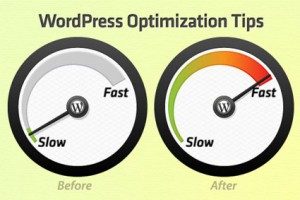 We have talked a lot about having great content on your sites. The content needs to be original and interesting or informative for readers. However there is another area that is equally important and that is, keep all software, CMS, plugins up to date. Why? There are multiple reasons why web designers and web site operators need to pay attention to. Security of your site is up to date and known vulnerabilities are dealt with. Website responsiveness is maximized. Functionality is also improved every time you upgrade. Let’s explore these issues in a little more detail.
We have talked a lot about having great content on your sites. The content needs to be original and interesting or informative for readers. However there is another area that is equally important and that is, keep all software, CMS, plugins up to date. Why? There are multiple reasons why web designers and web site operators need to pay attention to. Security of your site is up to date and known vulnerabilities are dealt with. Website responsiveness is maximized. Functionality is also improved every time you upgrade. Let’s explore these issues in a little more detail.
Keep all Software, CMS, Plugins Up To Date
The writer recently updated this blog to use PHP7.1 from 5.4. The hosting provider had updated their servers to support multiple levels of PHP and was sending messages to indicate that website owners should take advantage of this upgrade. better processing speed, better security, and improved functionality were suggested.
The first test involved upgrading and trying to access my websites. A white screen was presented so obviously something was not working. After checking the error logs, it was obvious that an outdated plugin was to blame. Reverting back to an older version of PHP corrected the problem.
The next step involved finding new plugins with the same functionality which also supported the latest level of CMS(content management system) and PHP. Two plugins needed changing since there were no updates for the plugins I was currently using.
Once the new plugins were installed and configured, I was able to upgrade to PHP7.1 with no problems at all. All sites worked well and the new plugins had more functionality than the old ones did.
The site appeared to run much faster as well, although I have not fully tested this on all my sites. The final step was to test each site to ensure that they were working properly for desktop presentation as well as on mobile devices.
The moral of the story is to Keep all Software, CMS, Plugins Up To Date to ensure that security is not compromised and that your site runs smoothly.
For more posts about web hosting, click here.





